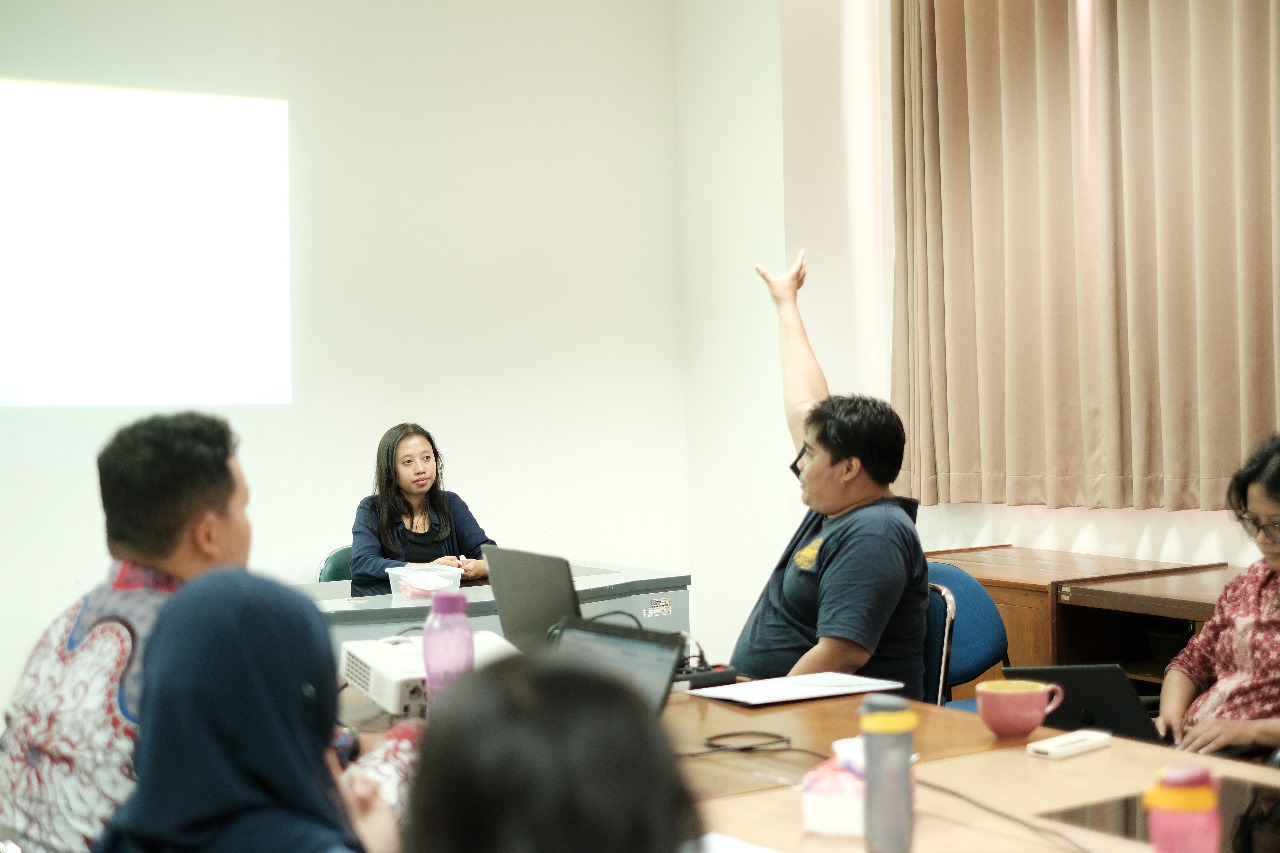
Department of Anthropology Faculty of Cultural Sciences UGM has two study programs (Prodi), namely Prodi S1 Cultural Anthropology, and S2 (Master) Anthropology. The two study programs have integrated curriculum materials, meaning that the curriculum of S1 and S2 Study Programs is a unit. The two curricula are separated because each has different graduate competencies, but as a unit, the S1 curriculum becomes the foundation of the S2 curriculum, and undergraduate graduates have a strong foundation to continue their studies in S2 Study Program.
The Department of Anthropology has formulated the core of the Anthropology education curriculum that should be realized in the FIB UGM environment. In essence, the Department of Anthropology manages and develops anthropology in order to produce expertise that is able to find and explain socio-cultural changes faced by humans both in Indonesia and in the world at large. The expertise will be realized as the ethnographic work of the academic community, both those who graduated in S1 and S2. Graduates can produce ethnographic work and can work professionally in the field of cultural management and development.
In line with the direction of the development of anthropology studies, anthropology education at UGM is directed to produce anthropologists who have a reliable ability to study the dynamics of society and culture through an inclusive, reflective and dialectical approach.
in the sense of anthropologists not only focuses on certain societies and cultural phenomena, but also sees the reality that the society is dynamically connected to various societies and other cultural phenomena.
in the sense that anthropologists do not see other societies and cultures merely as facts outside of anthropologists, but also as inherent experiences of themselves.
in the sense of anthropologist not only gave birth to works of cultural analysis, but also cultural criticism in reaction to existing cultural thoughts and practices.
By dividing the study program in the Department of Anthropology into three study programs on a tiered basis, each level has a different direction of study and graduate competence. Prodi S1 presents education about humans and cultures that are fundamental and at the same time elementary, meaning that education is directed to be able to identify and describe various cultural phenomena that exist in various settings and geographical, social, political, historical settings and contexts. Identifying and describing culture is taught in The Bachelor’s Study Program by providing lecture material on relevant Anthropological research methods and Anthropology theories, and material on reading and writing ethnography so that its alumni have the ability to make competent ethnographic descriptions.
In addition to providing the basic material above, Prodi S1 equips students to have knowledge of various ethnographic research in various geographical settings, ethnographic study themes. In addition, the lecture equips students able to become practitioners in the field of culture by getting to know the study of applied anthropology, community empowerment and appreciation of various cultures such as music, culinary and others.
Anthropology S1 study program provides basic knowledge and skills as a professional anthropologist, so the target of Prodi S1 is to produce graduates who have high competence in conducting Anthropology research, so that its alumni are able to make ethnographic works that are descriptive. Graduates can produce descriptive writing of various cultural phenomena using appropriate methods and theoretical frameworks, and have basic expertise in conducting applied research to map about socio-cultural problems in society. In addition, they can provide recommendations by using an anthropological way of thinking that puts culture as the origin of the problem and at the same time a source of inspiration and answers to solve socio-cultural problems.
In contrast to Prodi S1, Prodi S2 provides more in-depth material about anthropology by equipping students to critically recognize various constructions about cultural phenomena, methods and relevant theories. The focus of the master’s curriculum is concerned with increasing the critical power of students in listening to and analyzing various cultural phenomena, methods and theories used to produce ethnographic work. In other words, the resulting ethnographic work is not just descriptively explaining phenomena using the right methods and theories, but students are able to produce a strong ethnography of theoretical argumentation either used or produced. Therefore, literature studies and comparative studies become an important part of undergraduate lectures and theses because they are expected to produce analytical and original ethnographic work.
Because the S2 lecture material is directed to produce the original ethnographic work, the graduate of S2 is identical to the bachelor of Anthropology who has better competence than S1. If Prodi S1 produces graduates who are able to conduct ethnographic research descriptively, and solve socio-cultural problems in society, then Prodi S2 produces graduates who are able to conduct independent research, and a strong theoretical understanding.